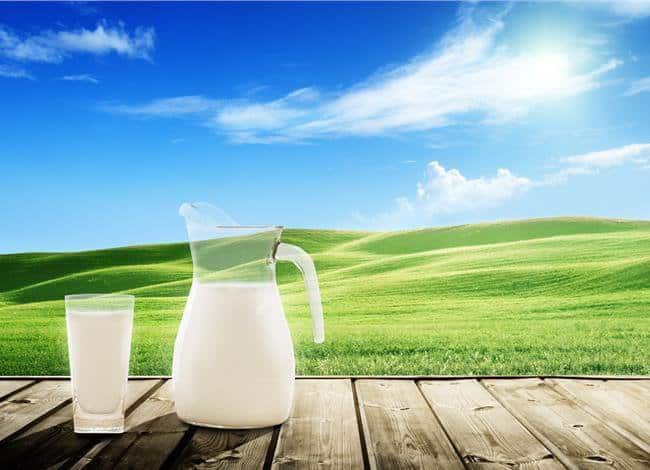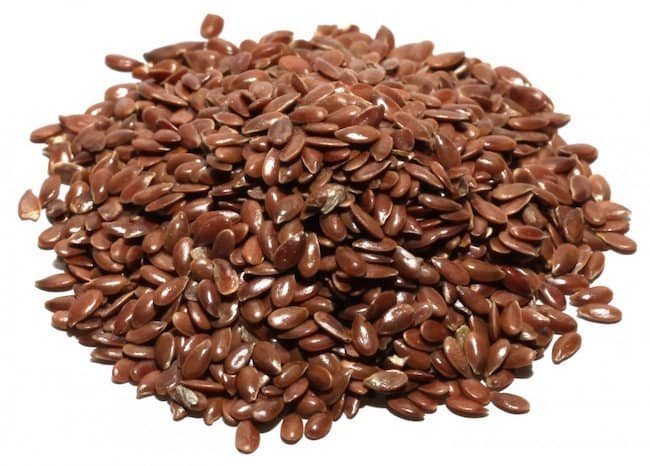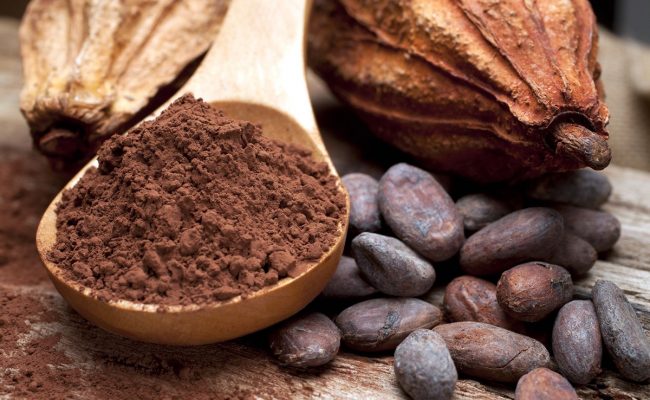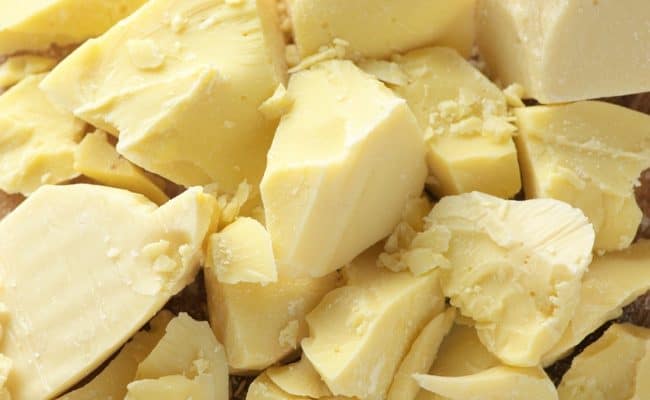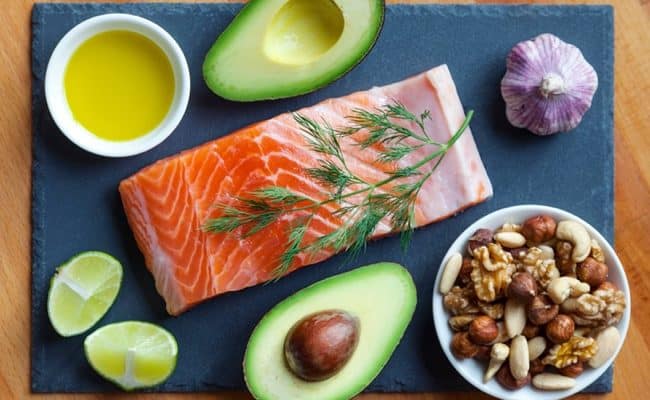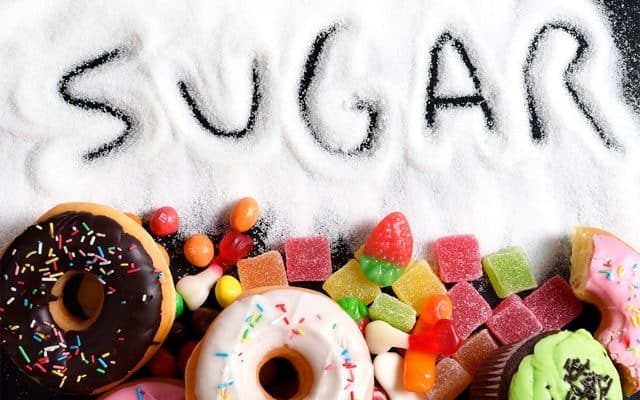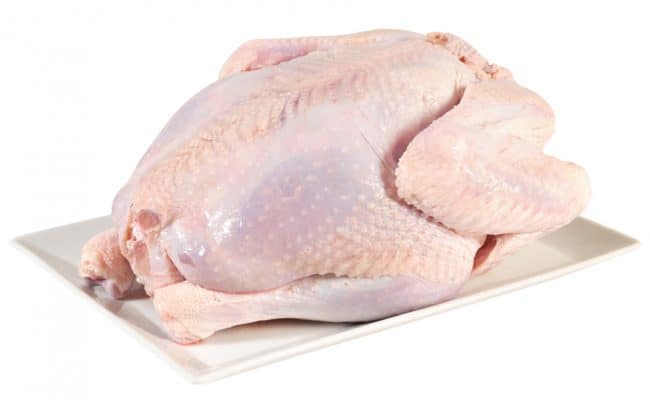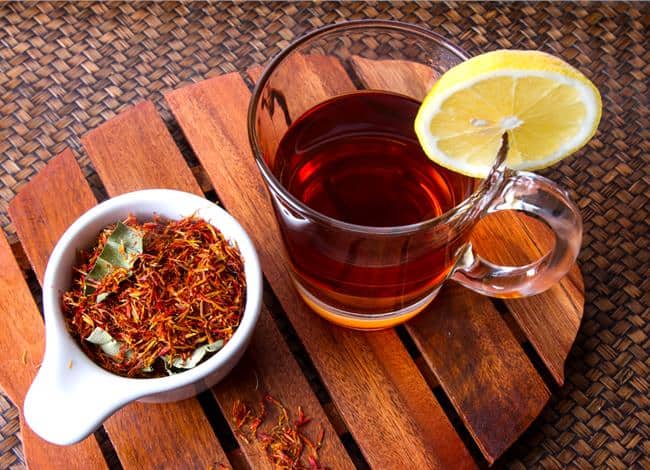
The concern with having high blood pressure is you usually don’t feel it, and you may not know you have high blood pressure. Having high blood pressure can increase risk for heart disease, kidney disease, stroke or aneurysm (1).
High blood pressure is considered a reading of 140/90 mm/Hg.
Recommended blood pressure reading is considered to be 120/80 mm/Hg or less.
If your blood pressure reading is somewhere in between these numbers, it is considered pre-hypertension.
If you have pre-hypertension, making lifestyle changes could prevent your blood pressure from increasing to hypertension.
If you have high blood pressure, there are many lifestyle changes you can make to get your blood pressure lower.
Losing weight, increasing exercise and altering your diet can significantly affect your blood pressure.
The Dietary Approaches to Stop Hypertension (DASH) diet has been shown in several research studies (2) to help lower blood pressure.
The DASH diet is simply a diet high in fruits, vegetables, low fat dairy, whole grains, and nuts and low in red meat and added sugars.
The DASH diet emphasizes a higher intake of minerals potassium, calcium and magnesium while being low in sodium intake.
Following the DASH diet, losing weight and incorporating more exercise are all ways to help lower your blood pressure.
The following foods have been shown to have specific benefits for lowering blood pressure.
Incorporating more of these foods as part of a healthy, balanced diet can help give you a jump start for lowering your blood pressure.
Keep in mind no one food is a magic bullet for lowering blood pressure; it is a combination of multiple nutrients from foods.
#1 – Low fat dairy products
Dairy products are a natural source of calcium and potassium, two nutrients that are beneficial for blood pressure.
Consuming low fat dairy products may be helpful for lowering blood pressure, according to a 2012 review (3).
Researchers looked at data from nearly 45,000 subjects. There was an inverse association between low fat dairy intake and risk for elevated blood pressure.
The association was only seen from low fat dairy products, not full fat dairy.
The potassium and calcium content may be partially responsible for dairy’s observed benefit on blood pressure, but there may be additional components in low fat dairy that also benefit blood pressure.
According to the Midwest Diary Association (4), most Americans don’t get the recommended daily dairy intake.
A general recommendation for dairy foods is to eat 3 servings per day. Low fat sources can include low fat milk, yogurt, kefir or cheeses.
#2 – Flaxseed
Flaxseeds are a good source of omega 3’s, fiber and antioxidants.
According to WebMD (5), consuming flax may even reduce risk for certain cancers, cardiovascular disease and diabetes.
It is best to eat flaxseeds when they are ground up so you can digestive more of the nutrients.
If flaxseeds are consumed whole, they can pass through the digestive system without being broken down.
Flax oil is also available as a supplement or for foods that have zero to minimal cooking.
Can eating flaxseeds help with high blood pressure?
According to a 2014 study (6) adding ground flaxseed to your diet can indeed help lower blood pressure.
Researchers found when study participants who had peripheral artery disease consumed 30 grams of ground flaxseed everyday for 6 months, their blood pressure lowered about 10 points.
The omega 3’s from flaxseed are thought to be a major contributor for lowering blood pressure, but something called oxylipins in flaxseed may also be beneficial for keeping arteries elastic.
Keep in mind just because you sprinkle ground flaxseed on your food, it is not a magic bullet for health benefits.
You should still focus on following an overall healthy diet with intake of flaxseed.
Ground flaxseed is considered generally safe, but pregnant and breast feeding mothers should not supplement their diet with ground flaxseed.
#3 – Dark Chocolate
The cocoa bean has something called flavanols which are a source of antioxidants.
Dark chocolate contains the highest percent of cocoa and as a result contains higher amounts of these flavanols compared to milk or white chocolate.
Cocoa beans are also a good source of the mineral magnesium which can be beneficial for helping to lower blood pressure levels.
When these flavanols from the cocoa bean are digested and absorbed, they can have a profound impact on relaxing the muscles that line blood vessels.
The effect of this is a decrease in blood pressure. Therefore, consuming dark chocolate, which is high in flavavols, can have a beneficial effect of helping to lower blood pressure.
A 2005 study (7) concluded dark chocolate, but not white chocolate, can decrease blood pressure and improve insulin sensitivity.
Research participants consumed about 100 grams of dark chocolate for 15 days.
Keep in mind the higher the cocoa content, the higher the potential for flavanol amount in the chocolate.
General recommendations for dark chocolate intake are about 1-1.5 ounces per day. This amount should be part of a healthy, balanced diet.
#4 – Beets
Similar to the compounds in dark chocolate, beets have compounds that also help relax blood vessels.
A 2013 study (8) found drinking a cup of beet juice a day lowered blood pressure by 10 points.
Drinking one cup of beet juice per day is a fairly daunting task, as beetroot juice isn’t that pleasant tasting.
However, researchers think eating more beets in your diet may offer similar health benefits for blood pressure like drinking the juice.
Leafy greens also contain the compound of nitrates that is responsible for lowering blood pressure.
Therefore, eating more of all of these vegetables can provide a source of nitrates to your diet that can help lower blood pressure.
Beets and leafy greens are also a good source of potassium and antioxidants which also benefits lowering blood pressure.
